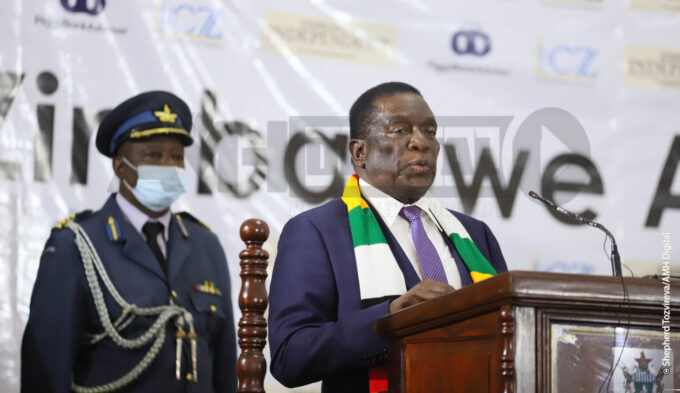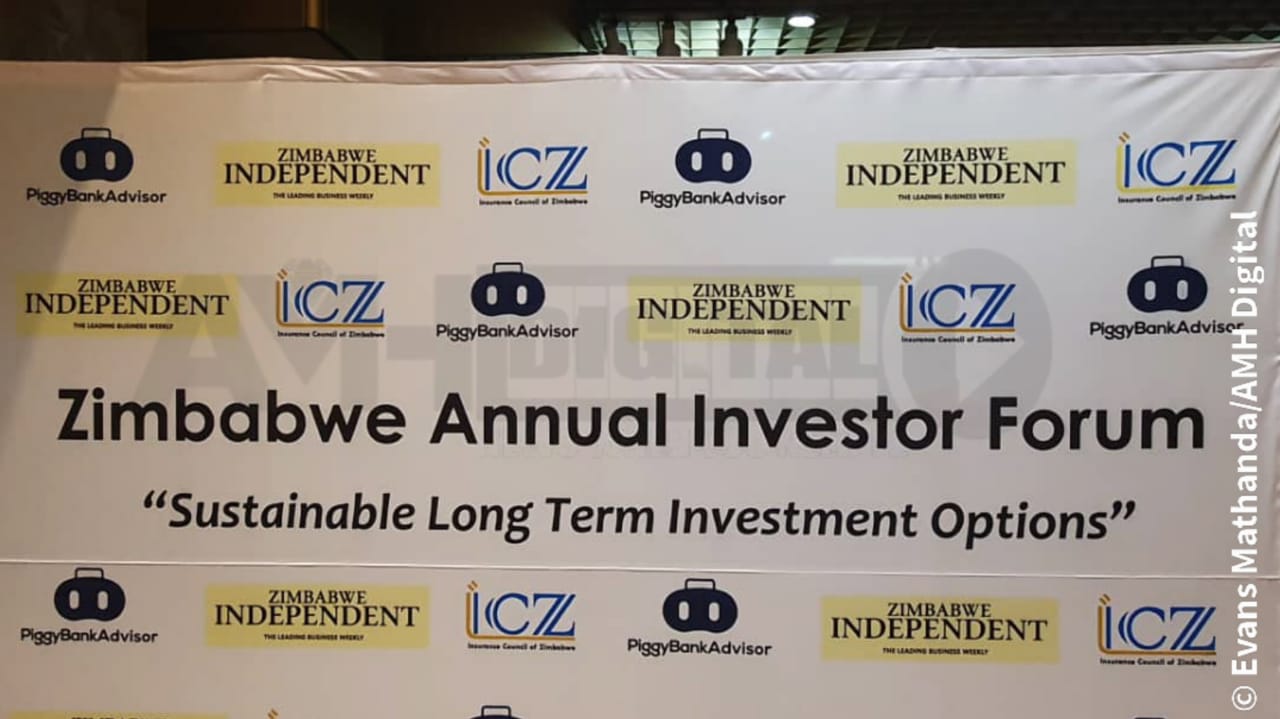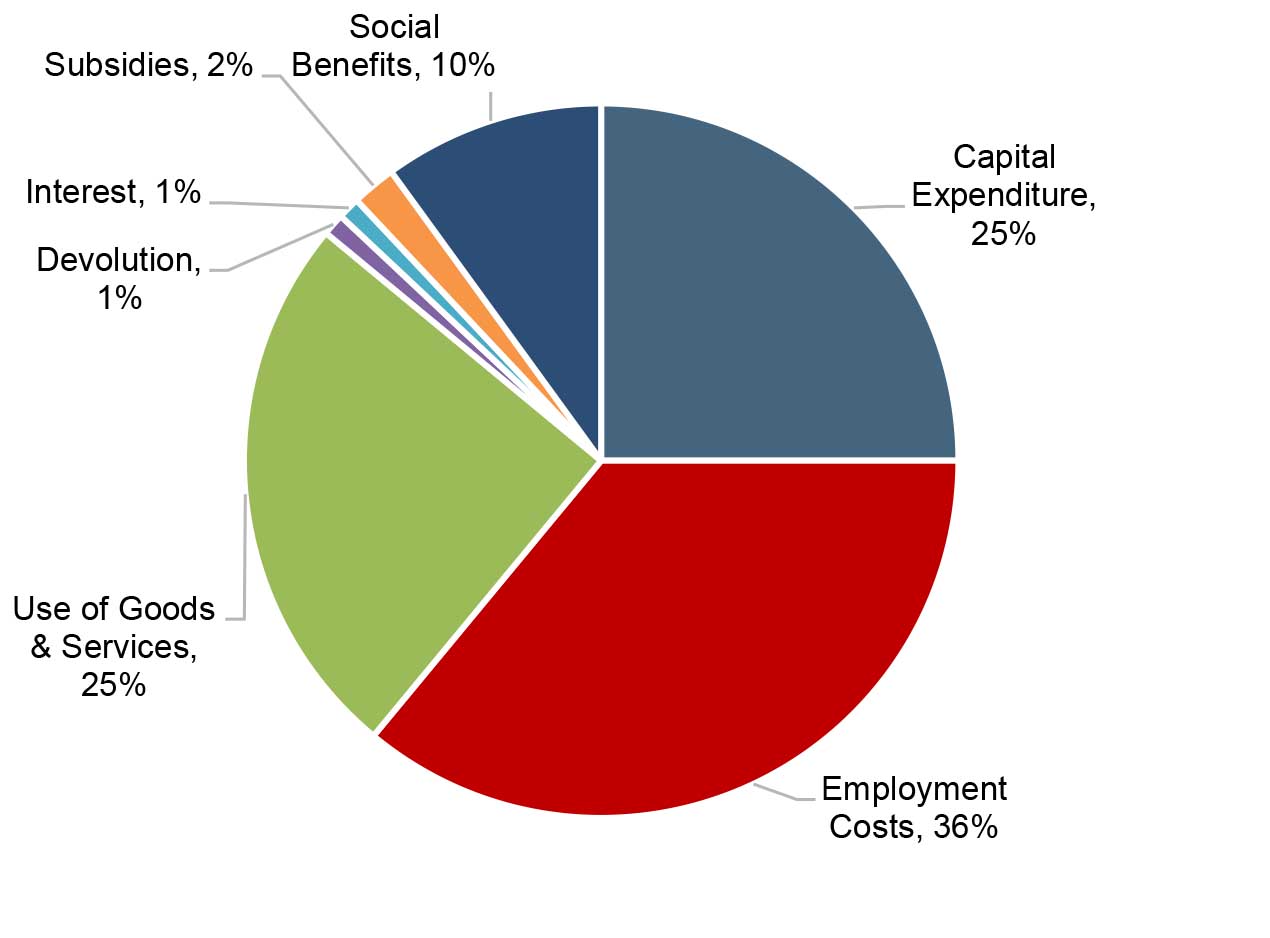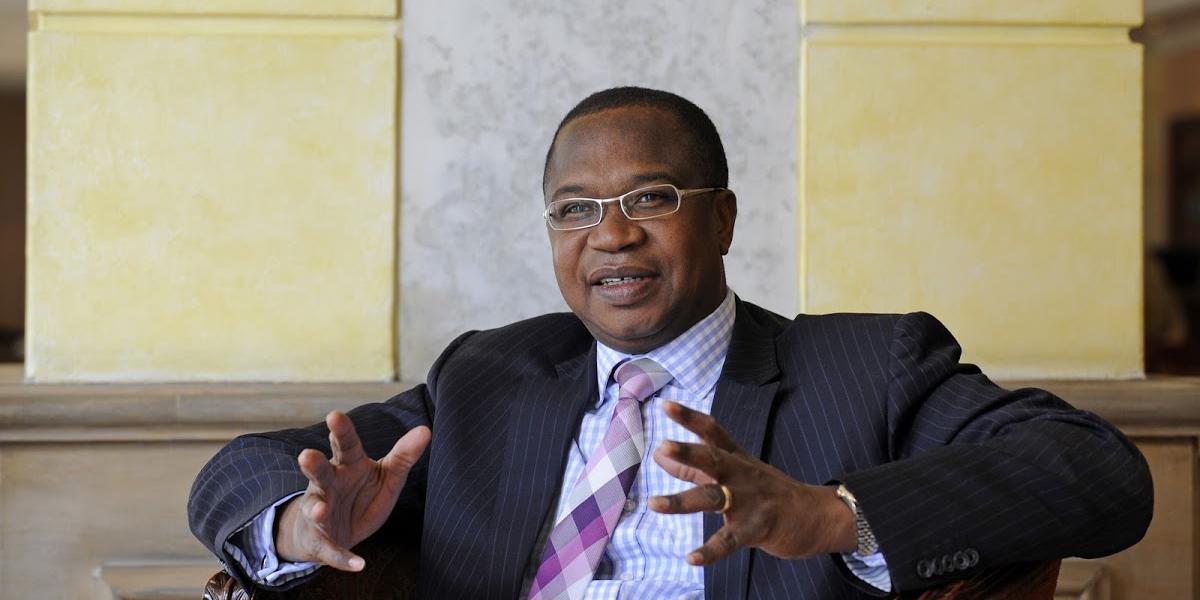
TATIRA ZWINOIRA FINANCE minister Mthuli Ncube yesterday said the government has roped in development partners to help it reform state entities which have continued to drain the fiscus due to poor management and corruption.
In October 2020, data detailing problems affecting state-owned firms said their contribution to gross domestic product (GDP) had slowed to 12%. State entities used to contribute 40% to the GDP. In yesterday’s 2022 mid-term economic review and supplementary budget, Ncube said the World Bank and the African Development Bank (AfBD) had scaled up their interventions.
“In undertaking this task, the government appreciates assistance that has been received from developmental partners including the World Bank (WB), the African Development Bank (AfDB), the French Development Bank (AFD), the European Union (EU), among others and looks forward to such continued support,” he said.
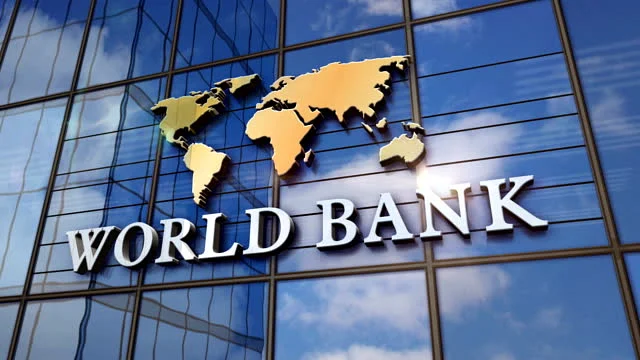
“The parastatal reform programme, undertaken since 2018, is meant to improve public service delivery, enhance their contribution to the overall economy and employment creation. To date, the International Finance Corporation has concluded the market assessment study for the privatisation of NetOne and TelOne which will identify and describe in detail some of the critical success factors, which would lead to the realisation of a successful partial-privatisation transaction.”
TelOne has been affected by a debt now estimated at US$419,5 million that it inherited from the now defunct Posts and Telecommunications Corporation over a decade ago.
The National Railways of Zimbabwe (NRZ) has also been earmarked for privatisation.
Another key state institution that is supposed to be privatised is the Infrastructure Development Bank (IDBZ), though partially.
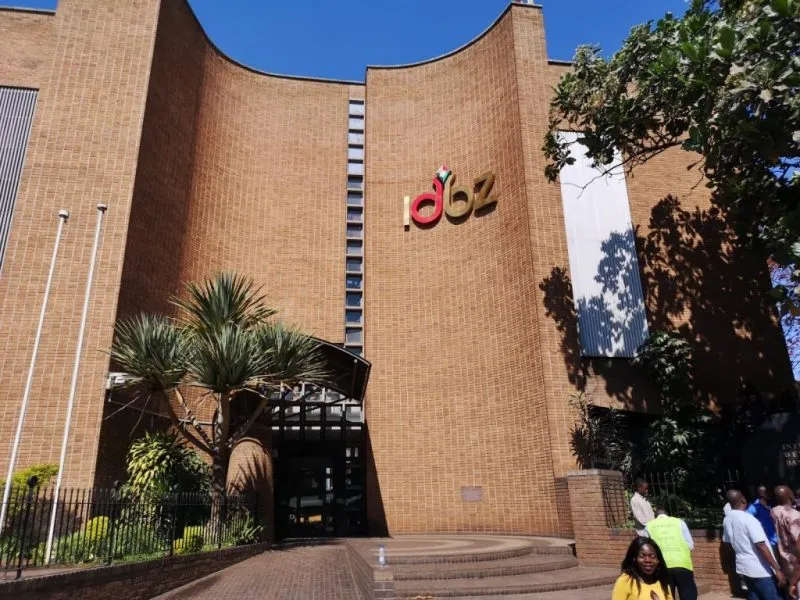
Zimbabwe has over 107 state-owned enterprises and parastatals.


